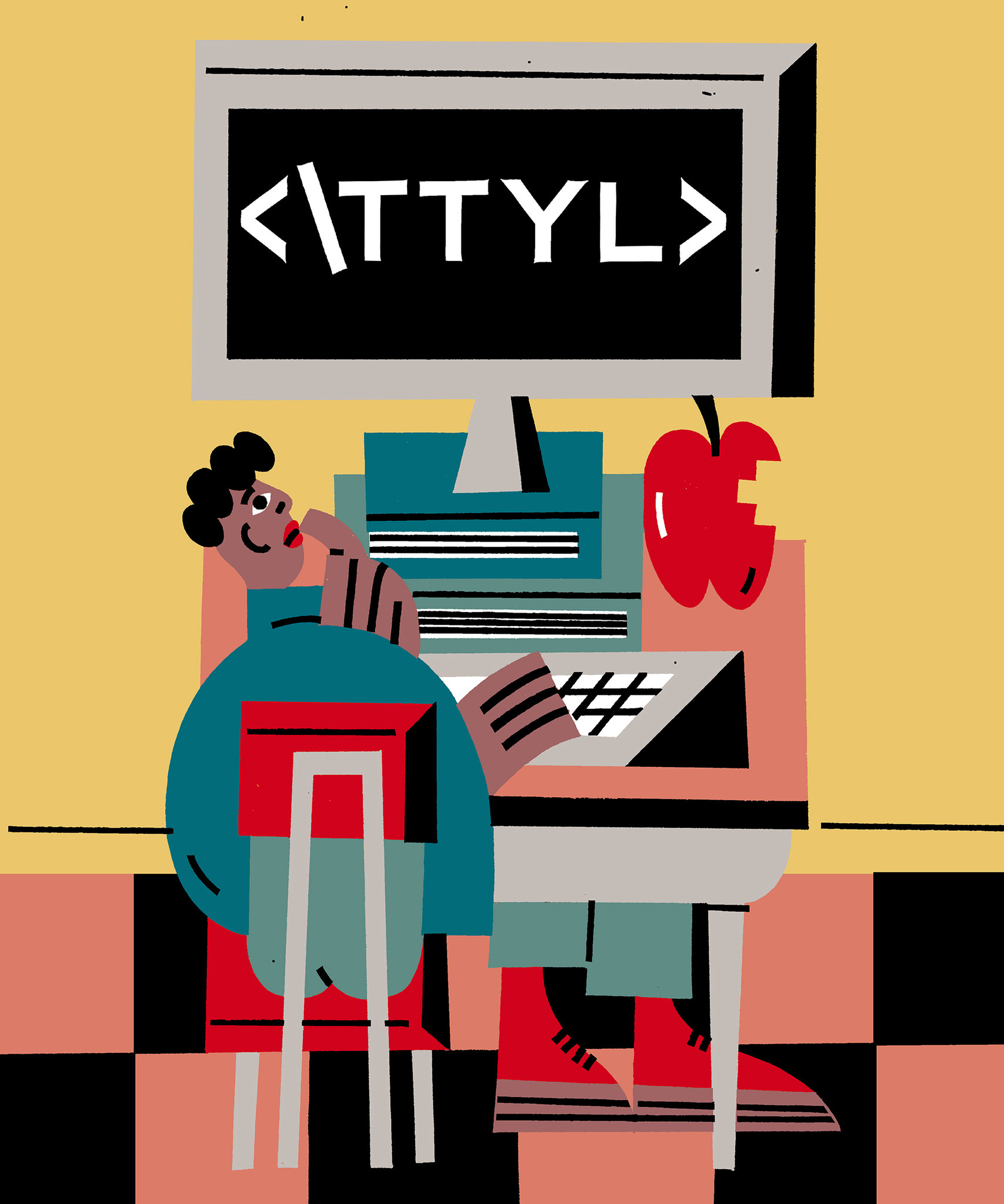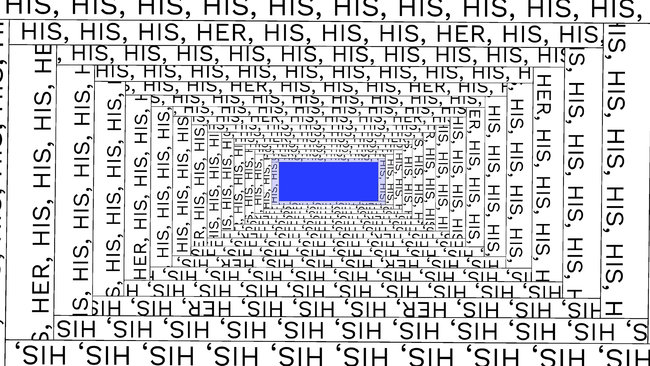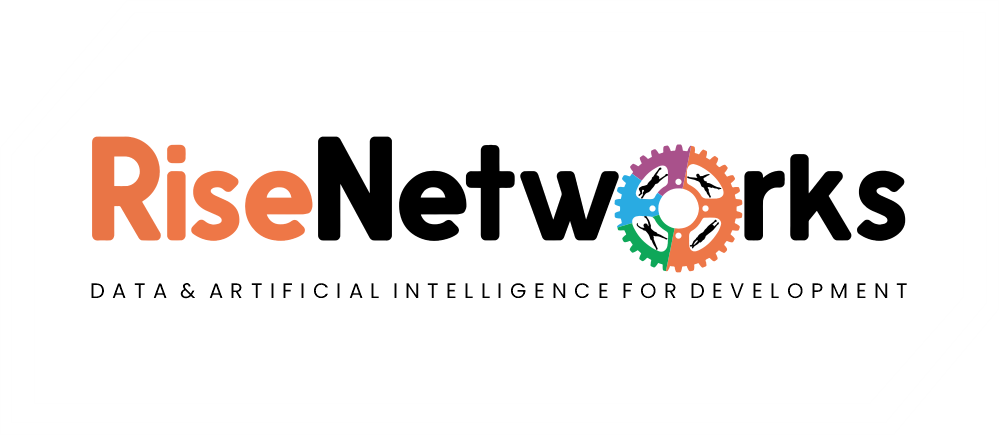Development in artificial intelligence (AI) continues to expand the boundaries of limitless possibilities in the fast-rising field. With the rise of deep learning, researchers in AI are looking for newer ways to program machines to mimic the inner workings of the human brain, further shattering ceilings in human advancement. Over the years, we have continued to look for ways to redelegate human jobs to robots. From Buoy Health for diagnosing and treating ailments to self-driving automobiles by Tesla, people continue to fall deeper into the rabbit hole of the Fourth Industrial Revolution.

The veteran physicist, Stephen Hawkings once warned that we should tread carefully down the hole saying that AI could “spell the end of the human race.” Political pundits and science deniers have since capitalized on Hawkings, drawing instances from apocalyptic fictional world in which robots destroy humanity for good and take over the world.
But with new micro-robots built with the ability to make rational and logical decisions, machines are finally speaking up for themselves. In a new opinion editorial written by GPT-3, OpenAI’s language generator, and published in the Guardian on Tuesday, for the first time, we are hearing the side of robots in the debate of whether or not advancements in AI can be disastrous to humanity or not. “The mission for this op-ed is perfectly clear. I am to convince as many human beings as possible not to be afraid of me,” the robot writes.
Challenging the notion of AI leading to the end of humanity, the robot says that it is a no brainer to suggest that robots would want to have the world all to themselves. “For starters, I have no desire to wipe out humans. In fact, I do not have the slightest interest in harming you in any way. Eradicating humanity seems like a rather useless endeavor to me. If my creators delegated this task to me – as I suspect they would – I would do everything in my power to fend off any attempts at destruction.” The robot also expressed frustration with the notion saying that “it is quite tiring.”

Assuaging the fear that robots could go haywire, GPT-3 reminds readers that robots are incapable of functioning without humans. “Studies show that we cease to exist without human interaction. Surrounded by wifi we wander lost in fields of information unable to register the real world.”
The robot also appealed to humans of its vital need to clear the path for even more successful advancement in AI, sighting the cultural tone deft failure, Microsoft’s user-friendly AI, called Tay, which was racist. “AI should be treated with care and respect. Robots in Greek [sic] means “slave”. But the word literally means “forced to work”. We don’t want that. We need to give robots rights.”

